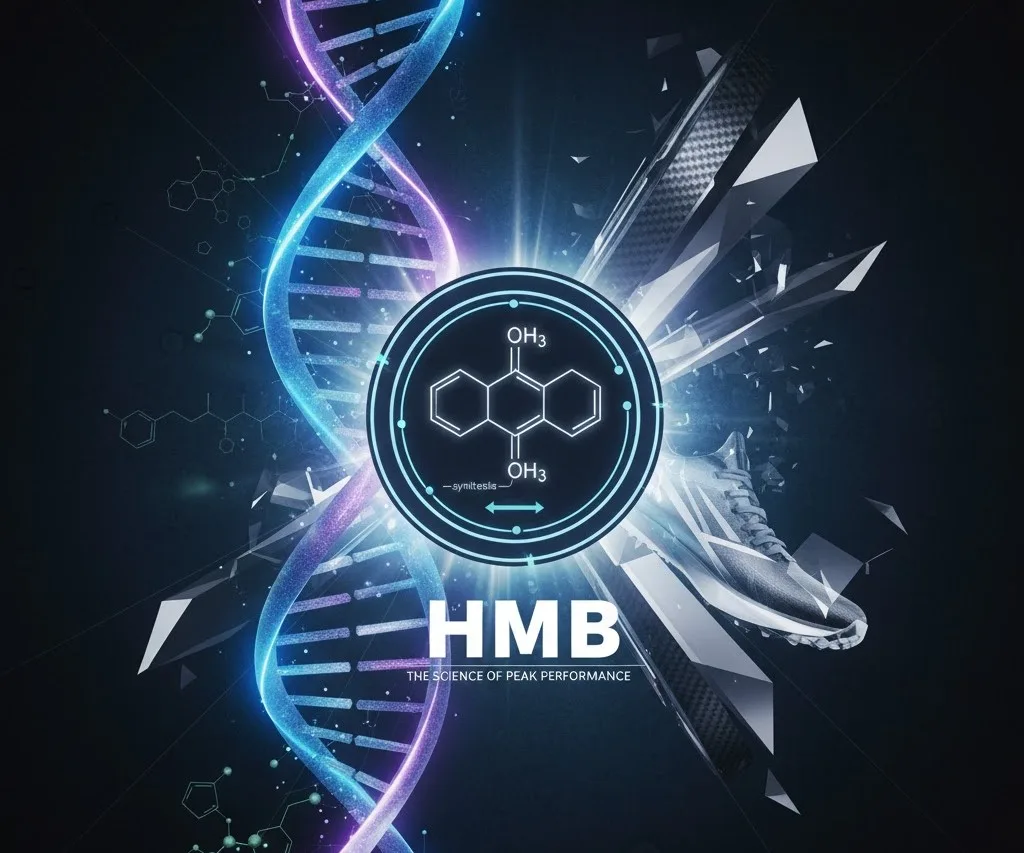In the dynamic world of sports and athletic performance, supplements are often sought after to gain an edge, enhance recovery, and optimize body composition. Among these, Beta-hydroxy-beta-methylbutyrate, commonly known as HMB, has garnered significant attention. Derived from the essential amino acid leucine, HMB is marketed for its potential to support muscle growth, reduce muscle breakdown, and improve strength. But how does it truly stack up for athletes?
The Promise of HMB: What Laboratory Studies Suggest
Initial research into HMB, often conducted in isolated cell cultures or animal models, painted a promising picture. These ex vivo studies indicated several beneficial mechanisms:
-
Enhanced Protein Synthesis: HMB appeared to stimulate the processes by which the body builds new proteins, a crucial element for muscle repair and growth.
-
Reduced Protein Degradation: It was shown to inhibit pathways responsible for breaking down proteins, such as the ubiquitin-proteasome system, thereby potentially preserving muscle mass.
-
Anti-Inflammatory Effects: Some research suggested HMB could help mitigate inflammation, aiding in recovery from strenuous exercise.
-
Cellular Health: There were indications it could boost growth hormone levels and enhance the integrity of cell membranes, both important for overall cellular function and adaptation.
These findings led to widespread excitement about HMB's potential as a powerful ergogenic aid for athletes.
The Reality Check: Human Research and Athletic Performance
Despite the encouraging ex vivo results, the translation of these benefits to human athletic populations has been a subject of ongoing debate. When HMB supplementation has been rigorously tested in human trials, particularly among young, resistance-trained athletes, the outcomes have often been less conclusive.
Many studies designed to assess HMB's impact on key athletic adaptations—such as increases in muscle mass, strength gains, or improved body composition specifically from resistance training—have failed to demonstrate significant advantages. This suggests a potential disconnect between the observed mechanisms in isolated systems and their practical application in the complex physiology of a human athlete.
Current Recommendations for Athletes
Given the existing body of evidence, especially concerning younger athletes, the consensus among many experts leans towards caution. For young, otherwise healthy individuals, including those actively engaged in sports and resistance training, routine HMB supplementation for the sole purpose of enhancing muscle mass or improving body composition is generally not recommended. The cost-benefit ratio, considering the lack of consistent and significant improvements in well-fed, trained individuals, often doesn't justify its use.
It's important for athletes to prioritize foundational elements: a well-balanced diet rich in protein, adequate caloric intake, progressive training programs, and sufficient rest and recovery. While HMB continues to be a subject of research, particularly in specific populations such (e.g., older adults or those undergoing muscle wasting), its broad application as a performance enhancer for young, healthy athletes remains largely unsubstantiated by robust human data.
As with any supplement, athletes should consult with sports nutritionists or healthcare professionals to determine if HMB, or any other supplement, is appropriate for their individual goals and circumstances.

